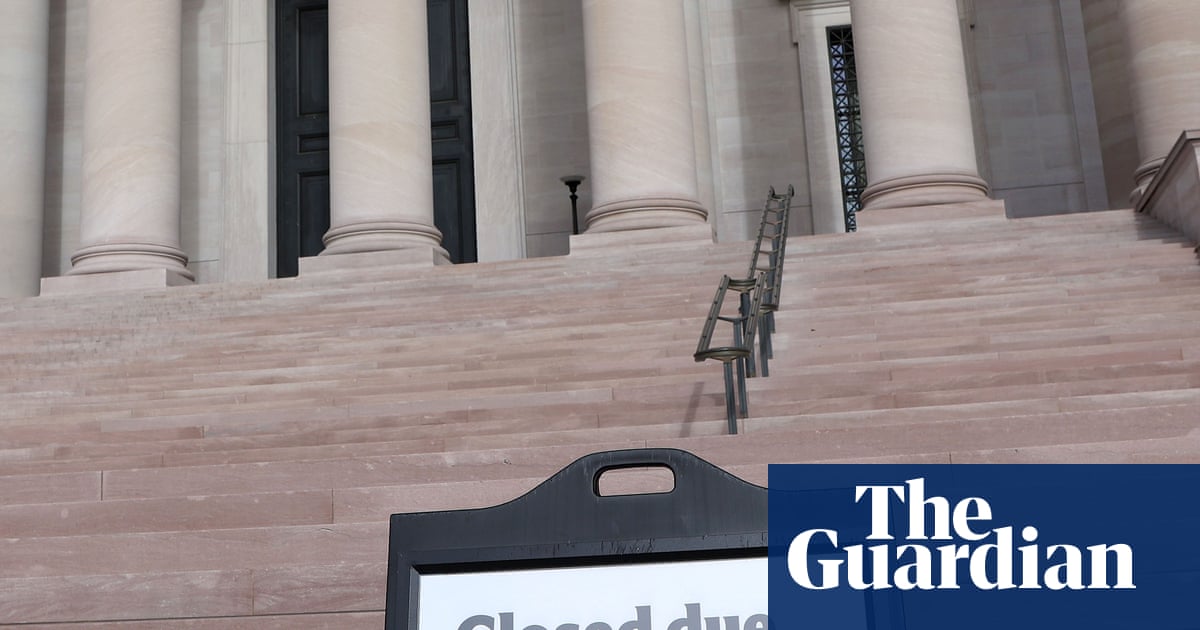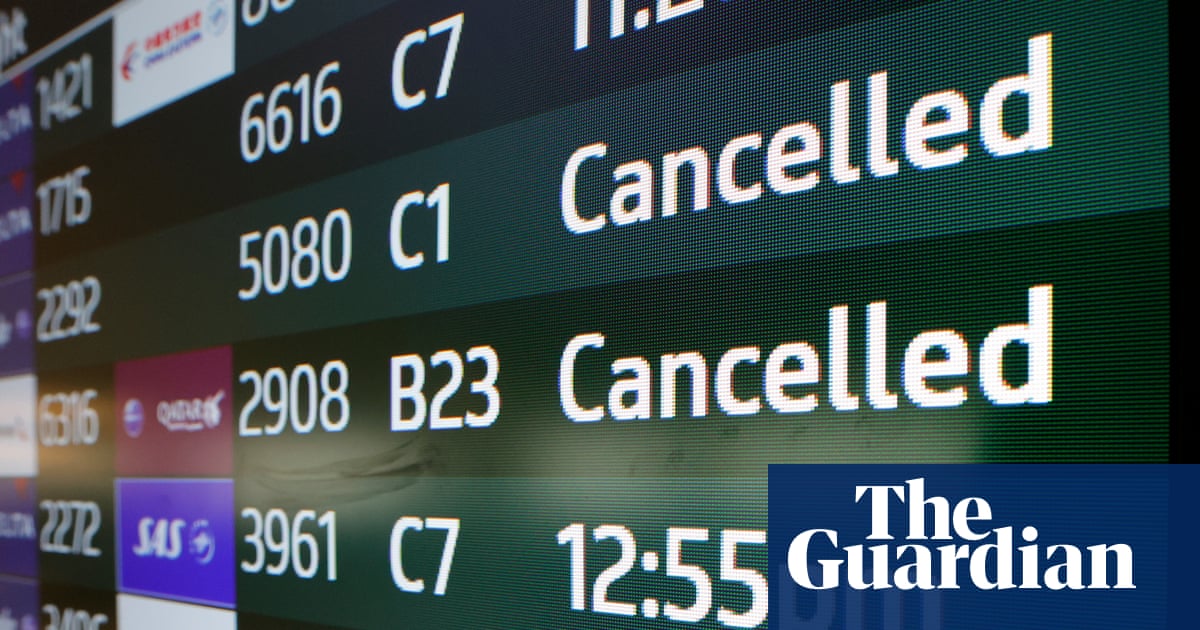By Andrew Chung
(Reuters) -Donald Trump's administration asked the U.S. Supreme Court on Friday to allow his deployment of National Guard troops to the Chicago area, as the Republican president moves to dispatch military personnel to a growing number of Democratic-led locales and expand the use of the armed forces for domestic purposes.
The Justice Department asked the court to block a judge's ruling that halted the deployment of hundreds of troops over the objection of Illinois state officials and local leaders, while litigation challenging Trump's plan continues.
Given events on the ground, the judge questioned the administration's stated reasons for sending in the military. A federal appeals court upheld the judge's ruling on Thursday, also doubting the administration's stated justification.
The administration has stated that danger to federal property and personnel posed by protests against Trump's hardline immigration enforcement policies justified the president's deployment of troops. In a written filing, the Justice Department called the assessment by local officials of these protests as "implausibly rosy" and urged immediate action.
Federal law enforcement agencies "have been forced to operate under the constant threat of mob violence," the department said. "Local forces have failed to respond, or unaccountably delayed their response, even when federal agents face life-threatening violence."
The Supreme Court asked Illinois and Chicago officials to respond to the Justice Department's request by Monday afternoon.
"Donald Trump will keep trying to invade Illinois with troops - and we will keep defending the sovereignty of our state," Democratic Illinois Governor JB Pritzker wrote on social media. "Militarizing our communities against their will is not only un-American but also leads us down a dangerous path for our democracy. What will come next?"
Trump ordered National Guard troops to Chicago, the third-largest U.S. city, and Portland, Oregon following his earlier deployments to Los Angeles, Memphis and Washington, D.C. Trump has sought to use military forces to suppress protests and support domestic immigration enforcement.
Trump and his allies have described these cities as lawless, crime-ravaged and plagued with vast, violent protests in need of military intervention. Democratic mayors and governors, along with other Trump critics, have said these claims are a false account of the situation and a pretext for sending troops to punish adversaries, accusing Trump of abusing his power.
Federal judges have expressed skepticism over the administration's view of events on the ground. Demonstrations over the administration's aggressive immigration enforcement efforts have been largely peaceful and limited in size, according to local officials, far from the "war zone" conditions described by Trump.
TESTING THE LIMITS
Though Trump has suggested troops can be used to tackle crime, National Guard and other military personnel under U.S. law are not typically permitted to engage in civilian law enforcement. While a U.S. president can deploy the National Guard under certain authorities, Trump is testing the limits of those powers by sending troops to cities controlled by his political adversaries.
The legal dispute centers on Trump's invocation of a federal law that allows a president to federalize National Guard troops only in the case of rebellion or if he is "unable with the regular forces to execute the laws of the United States."
The administration this month federalized 300 Illinois National Guard troops and also ordered more Texas National Guard troops into the state.
In the face of criticism and pushback from local leaders, Trump escalated his threats, calling on October 8 for the mayor of Chicago and the governor of Illinois, both Democrats, to be jailed, accusing them of failing to protect immigration officers.
Illinois and Chicago sued the administration over the deployment. On October 9, Chicago-based U.S. District Judge April Perry, an appointee of Democratic former President Joe Biden, temporarily blocked the move.
Perry said the administration's claims of violence during protests at an immigration facility in the Chicago suburb of Broadview, Illinois, where a small group of demonstrators had gathered daily for weeks, were unreliable.
In a written opinion, Perry faulted administration officials for "equating protests with riots and a lack of appreciation for the wide spectrum that exists between citizens who are observing, questioning and criticizing their government, and those who are obstructing, assaulting or doing violence."
There is no evidence of a danger of rebellion in Illinois or that the law is not being enforced, the judge said, adding that a National Guard deployment "will only add fuel to the fire."
A three-judge panel of the Chicago-based 7th U.S. Circuit Court of Appeals declined to lift Perry's order blocking the deployment, concluding that "the facts do not justify the president's actions in Illinois." Two of the three judges were appointed by Republican presidents, including one by Trump.
(Reporting by Andrew Chung; Editing by Will Dunham)

 German (DE)
German (DE)  English (US)
English (US)  Spanish (ES)
Spanish (ES)  French (FR)
French (FR)  Hindi (IN)
Hindi (IN)  Italian (IT)
Italian (IT)  Russian (RU)
Russian (RU) 























Comments